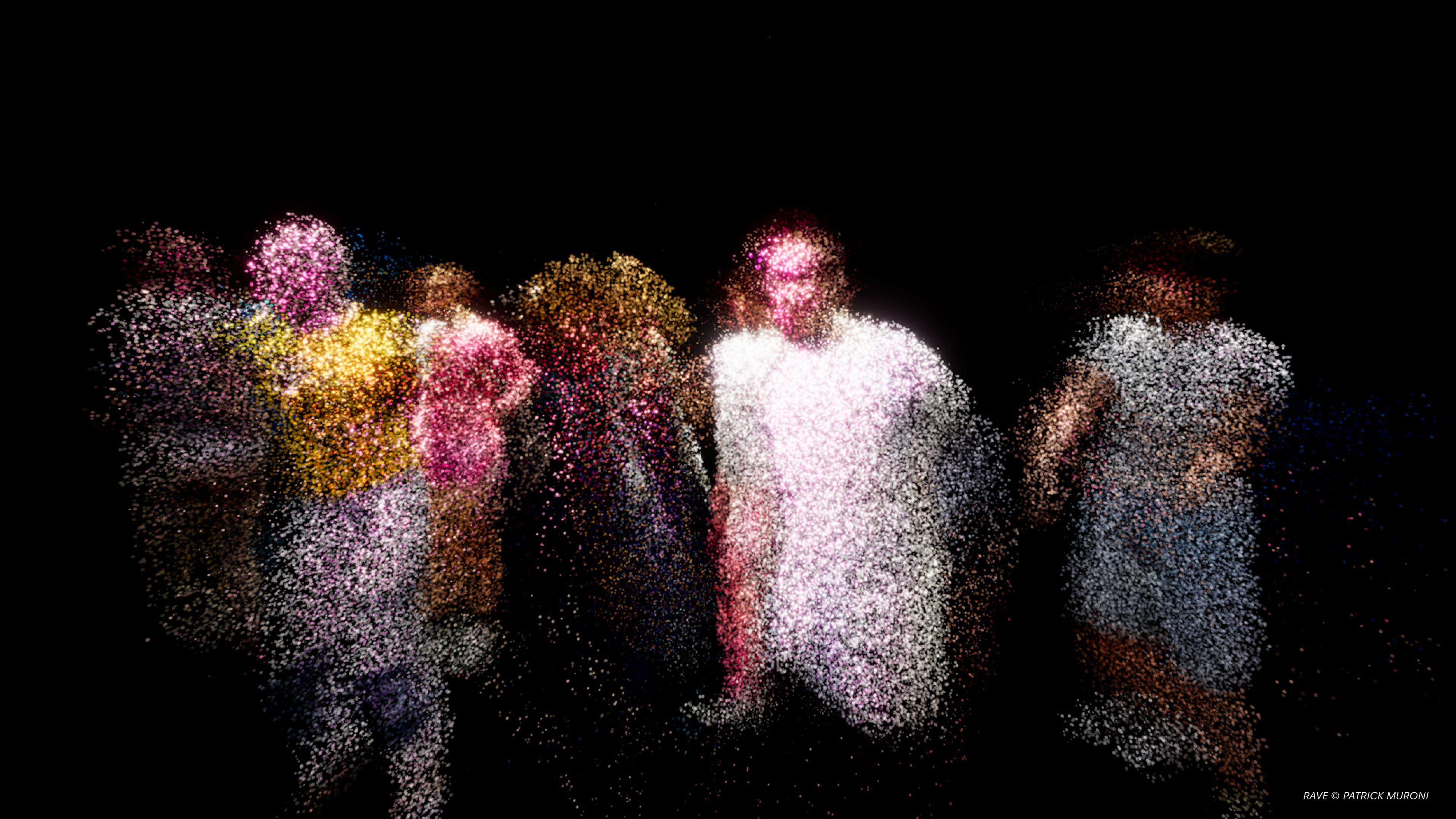
Psychologist strives to break sex taboos

For the past couple of years Swiss clinical psychologist Andrea Burri has hardly been out of the news.
Her views on sexual behaviour have been reported widely and her research findings are often quoted in the tabloids, as well as the more serious broadsheet newspapers.
swissinfo.ch spoke to the 31-year-old researcher in London, where she is doing postdoctoral work.
Burri’s research on sexuality first captured the public’s imagination and made headlines in 2009 when she talked openly about the female orgasm and implied from her research findings that emotionally intelligent women had better sex.
Since then Burri, who grew up in Bern and studied in Zurich, has become a spokesperson for sexual behaviour and sexual dysfunction. Most recently she has claimed genetics, along with hormones and upbringing may be responsible for the sexual orientation of women.
She has written about postcoital psychological symptoms (PPS) and perhaps most controversially, she dispelled the existence of the mysterious G-spot claiming a women’s erogenous zone may be a figment of her imagination.
Taboo
Burri graduated in clinical psychology at Zurich University. Half way through the course she decided to focus on sexual behaviour.
“Depression was interesting, as was anorexia,” she said, “but sex was always more interesting.” The real fascination was the discrepancy between society’s treatment of sex and ordinary people’s hang-ups.
“Everyone talks about sex and it is everywhere in magazines and TV programmes,” she said. “Yet for many it is still a ‘no-go’ area. People not in the field are literally embarrassed when they review my work.”
“How can we talk so much about a subject, when it is still such a big taboo?”
Stigmatised
Burri went on to complete her Master’s in sexual sciences in Germany, mainly because Switzerland did not offer a similar programme. She described how many of her Swiss professors tried to discourage her from going down the sexual behaviour route.
“They were worried I’d be stigmatised,” she said, “But I was quite rebellious in those days, so I went to Hamburg.”
And looking back, has she been stigmatised?
“It has been frustrating, because you are often not taken seriously doing this kind of work,” she explained. “I use the same methodology as those in cancer research, but my field of study is not considered relevant or serious somehow.”
This means fundraising for sex studies is nearly always an issue.
“Making a career is on the one hand easy, because there aren’t that many of us,” she said. “But on the other hand, I don’t always get the funding, so it is a struggle.”
Importance of proof
Burri has been working in London for the past four years, splitting her time between research centres at Queen Mary University and King’s College London.
Her main areas of interest, the genetics of sexual orientation and female sexual dysfunction (FSD), are virtually unexplored in the female population and if they have been researched, she claims the findings are lacking in good quality, scientific evidence.
“I stumbled across the mysterious G-spot while looking at orgasm dysfunction,” she said. “I noticed there were only a handful of studies on the subject, which relied on very small sample sizes.
“I found it irresponsible to claim the existence of an entity that has never been proven, using in some cases a cohort of just 30 women worldwide.”
According to Burri, most of the studies had tried to locate the G-spot using ultrasound scans.
Burri put together her own team of researchers at King’s College London to question the existence of the G-spot. There was no physical examination. More than 3,000 women, all pairs of identical and non-identical twins, completed a survey where, amongst other questions, they were asked if they believed they had a small area on the front of the vagina that was sensitive to deep pressure.
The findings concluded that the G-spot as a well-located, well-defined area did not exist.
The study – the biggest of its kind to date – appeared in the Journal of Sexual Medicine in 2010 and received international media coverage.
Sexual hang-ups
Although there seems to be more psycho-sexual education available now, Burri is still concerned society’s portrayal of sex is putting men and women under considerable pressure.
“The way sex is portrayed in the media and in films often provides us with a base of comparison that is not always realistic for the individual,” she said.
“There is natural variation and some women will have a high sexual appetite and others will not. So, although adults seem more aware of their sexuality, it can be counter-productive.”
In recent years, Burri has noticed an increase in prevalence rates of female sexual dysfunction (FSD).
“One of the diagnostic criteria for FSD is feeling distressed.” she said. “But what causes the distress? Is it the condition itself, or is it what you think is expected of you and in turn, what you start expecting of yourself.”
Andrea Burri’s main area of research is the genetics of human sexuality. She is currently focusing on the genetic basis of female sexual orientation using quantitative genetic designs – such as twin modelling – and molecular genetic approaches.
A further research area is female sexual dysfunctions (FSD) and its affecting genetic and environmental components. Particular questions of this research project focus on the improvement of the current definition and classification system of FSD, exploring the validity of distress as a primary diagnostic criteria for FSD and understanding the role of covariates such as anxiety and depression in the development and maintenance of FSD.
Burri has also written extensively about female sexual response and in particular identifying common and rare variants that contribute to the variation in female sexual response and in understanding the role of environmental variables.

In compliance with the JTI standards
More: SWI swissinfo.ch certified by the Journalism Trust Initiative


























You can find an overview of ongoing debates with our journalists here . Please join us!
If you want to start a conversation about a topic raised in this article or want to report factual errors, email us at english@swissinfo.ch.